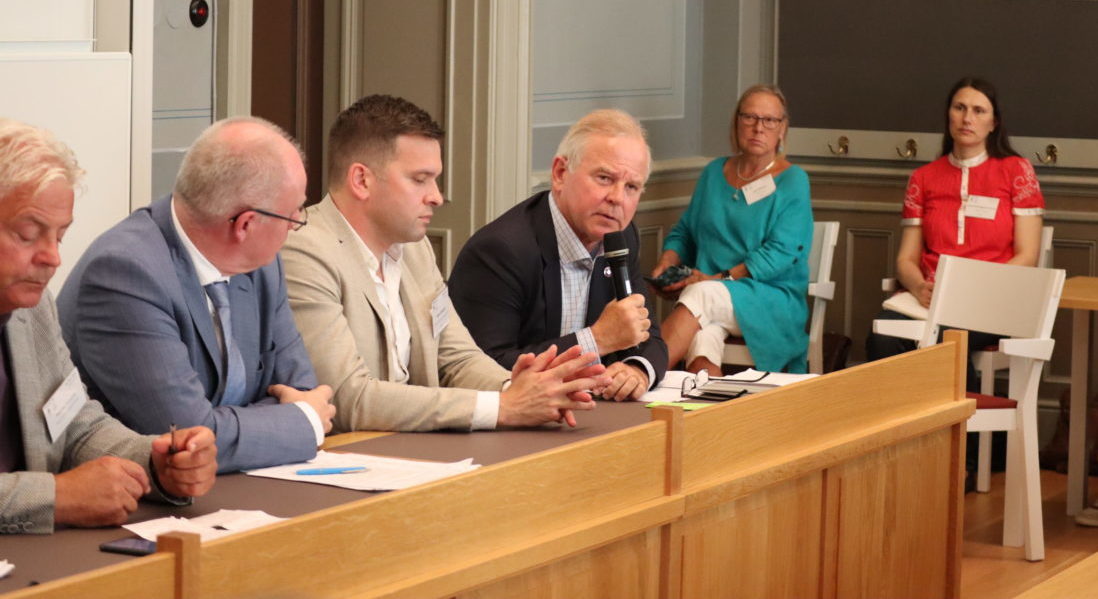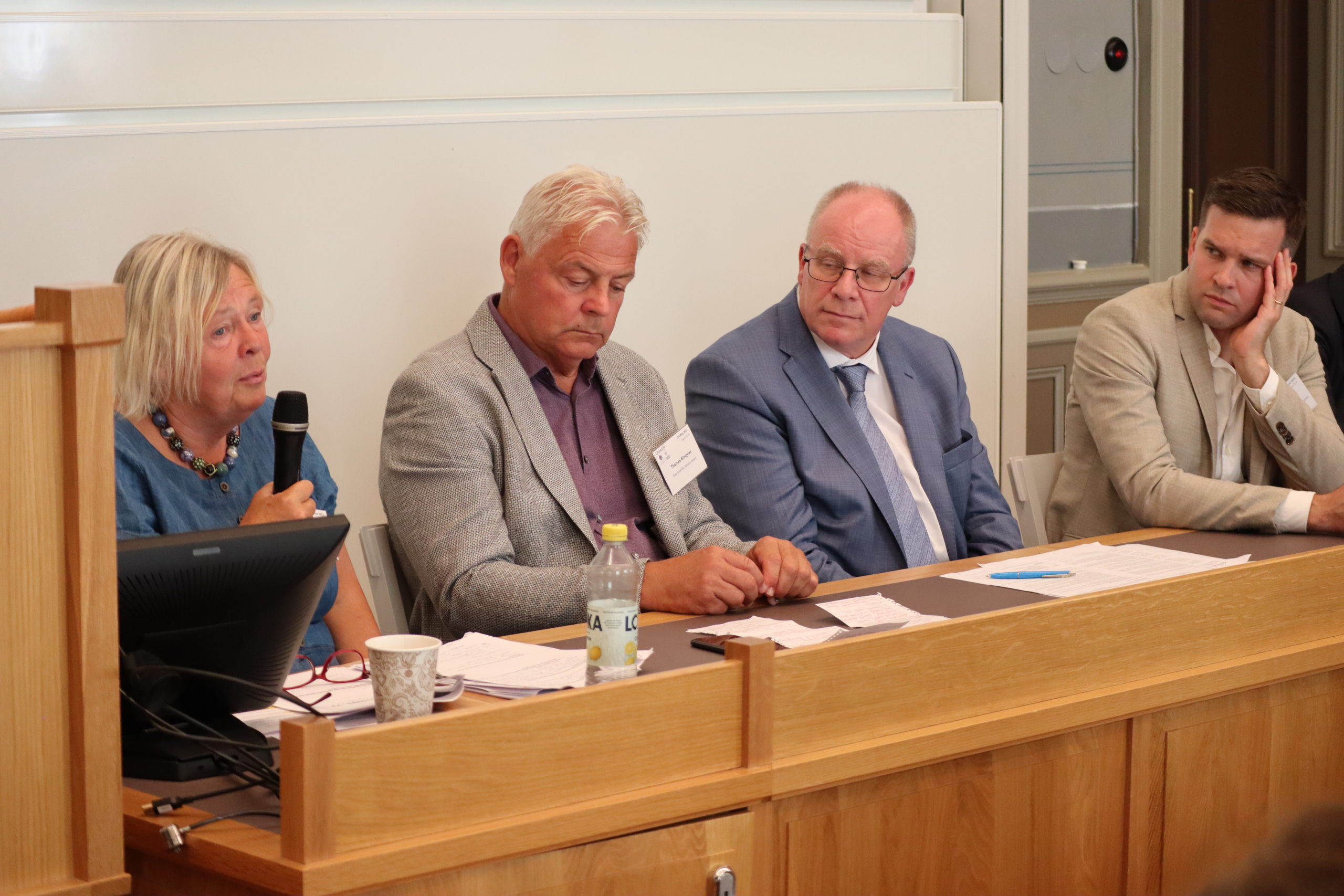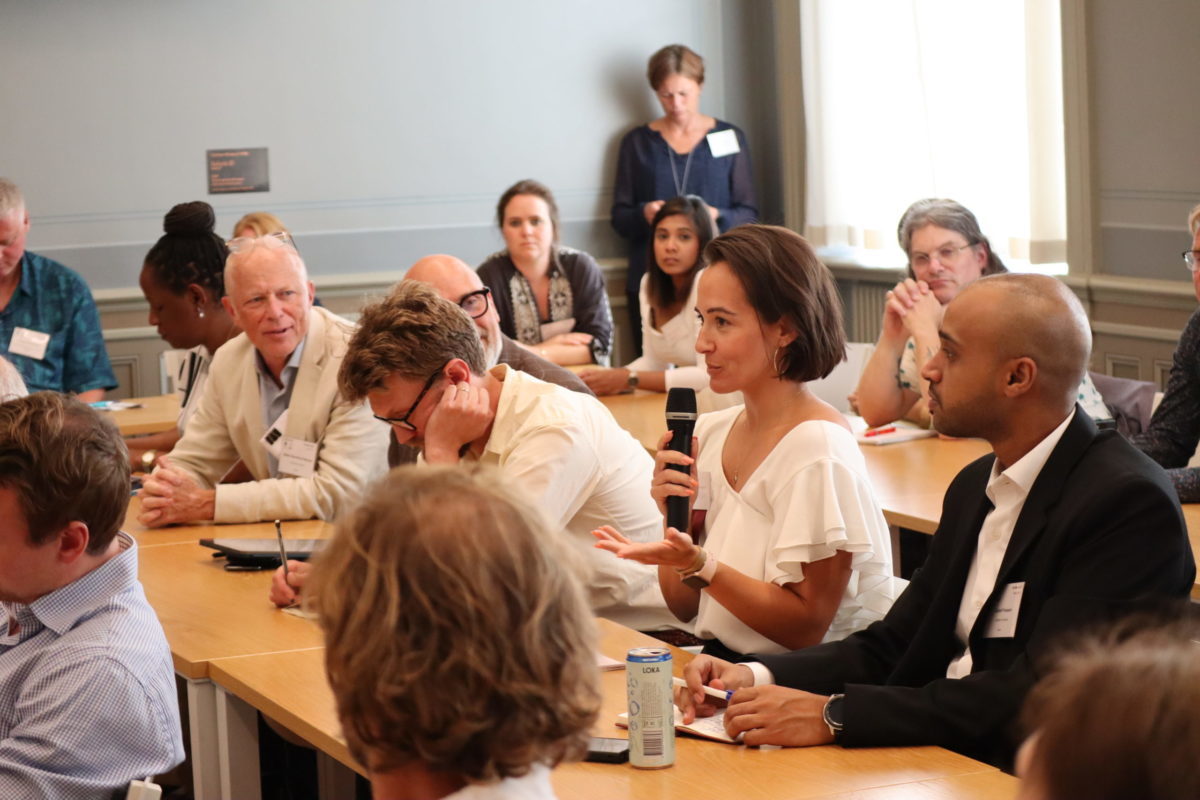
The Systems Innovation Learning Partnership (SILP) is launching a call for ideas for its Experimentation Fund to support experiments advancing knowledge and understanding of systems innovation practices, methodologies, and approaches.
Aim and focus area
The fund aims to advance knowledge of the potential applications and limitations of systems innovation practices and approaches. This is done by funding and supporting the learning journeys of systems innovation experiments.
The SILP is particularly looking for applied experiments in the field of development cooperation, focusing on the needs of those living in poverty and tackling issues related to environment and climate change (adaptation and mitigation), human rights, conflict, gender equality and disadvantaged communities. However, the fund does not limit the range of systems that the experiments might address, or potential points of leverage, but looks for the potential to learn about applicable methods and processes for systems innovation.
About the fund
Applicants will have the opportunity to access funding up to 100,000 Euros and will be supported to test their ideas in a learn-by-doing approach, providing a safe-to-fail context so that learning can be captured quickly and effectively.
The selection of ideas and experiments will follow a two-stage grant making process in which a diverse set of organisations and people passionate about the fund’s objectives will co-design and participate in forming the cohort. The final group of experiments to be funded will be chosen as a cohort, taking a portfolio approach to the selection to ensure the cohort’s diversity and that projects compliment each other to allow rich learning to happen.
To accelerate learning around systems innovation, the fund offers a bespoke learning programme for co-learning and reflection for participants. The learning programme is designed to use the strengths of the cohort’s diversity, whether that’s the focus of each project, the context in which they are being applied or the organisations delivering them. This way, we can encourage and support knowledge sharing, peer coaching, and building the experimenters’ capacity and capabilities in the practice of leading systemic change
Who can apply
Applicants from nongovernmental organisations, civil society organisations, small and medium enterprises, research labs or incubators, regions and cities, or educational institutions (schools, vocational training institutes, higher education institutions) based and/or working in ODA countries. For more information, please see Eligibility and Assessment Criteria overview.
Deadline
Call for ideas closes on 7 December 2022, 18.00 CET.
About SILP
SILP is an initiative by EIT Climate-KIC and the Swedish International Development Cooperation Agency (Sida). The partnership brings together organisations and people working to tackle complex issues to collaborate, experiment, learn, and share ideas that help to activate innovation across whole systems. Our activities aim to not only share tools and methods that have had success in enabling systemic change, but to shift mindsets and support people to transform the way we address the world’s most pressing issues.






Recent Comments